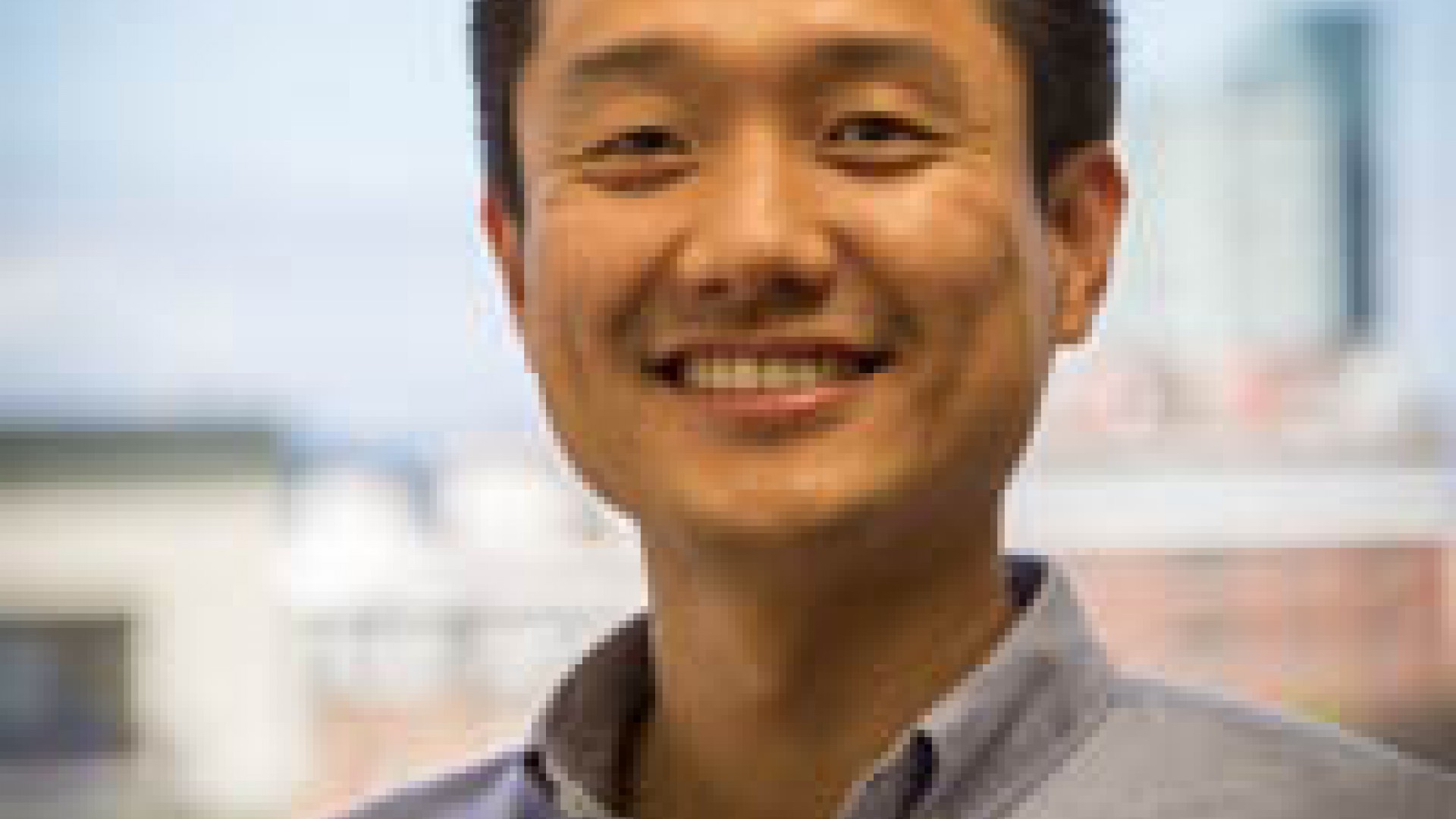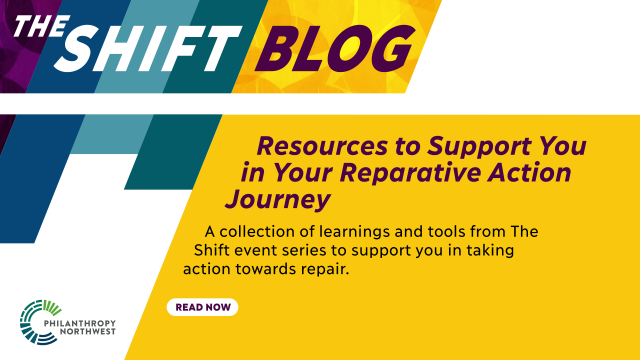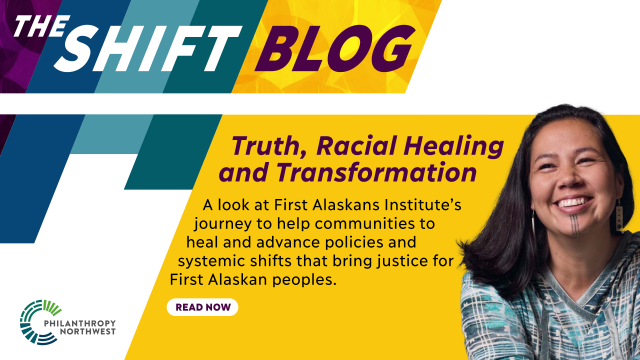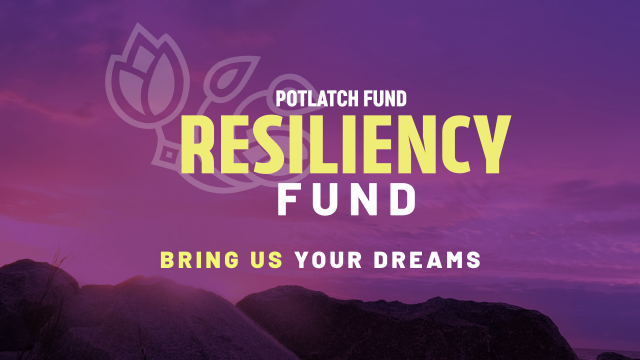
Growing up in Los Angeles, one of most diverse cities in the world, I was constantly reminded of the importance of embracing our differences. In high school and college, I volunteered with inner-city elementary schools to encourage language learning and promote interest in reading. Most of the students came from immigrant families, so we worked together with them and their teachers, parents and community leaders to help them achieve their goals. What started as a volunteer role became my passion, and I began to fully immerse myself in the field of social and human development, analyzing and addressing disparities between immigrant, indigenous and minority communities.
Before coming to Seattle and joining Philanthropy Northwest last month, I spent four years in Thailand, where I had the opportunity to experience even greater disparities between classes, indigenous peoples, migrant workers, women, sex workers and the ruling majority. It became obvious that once the basic needs of a community are met — food, shelter, healthcare — education becomes crucial. Education empowers people with knowledge and information, laying the foundation for the cultivation of their self-esteem and ambition, leadership qualities and economic success. Education is the social instrument for developing human resources: training a competent labor force that can make lift families and communities out of poverty.
Effective Teaching = Effective Learning
For most of my time in Thailand, I worked with the Doi Tung Development Project to provide an alternative way for the indigenous peoples to improve their livelihood. For decades, the slash-and-burn agriculture, exacerbated by commercial opium cultivation, was a common practice on the Thailand-Myanmar border commonly known as the Golden Triangle. Poverty forced people into illegal activities just to survive, including drugs and arms trade, logging, and prostitution. Girls were sold into prostitution to help their families. But along with money for food and shelter, these girls also brought diseases, crime, violence and other social ills into their communities. Hence, providing rehabilitation programs, health services, and legitimate economic opportunities became crucial. Our aim was to eradicate the illicit economy by establishing social enterprise projects, like cultivating and creating a market for specialty-grade coffee.
From L.A. to Thailand, and now here in Seattle, I've learned that being a good educator means being a good student. Effective teaching is about listening, questioning, being responsive and open-minded. It’s about reaching out to others and encouraging interaction and responses. It’s about developing the communication skills to better articulate our point.
When training Thailand's hill-tribe members, I ultimately focused on being a facilitator of classroom interactions instead of taking on the traditional role of a teacher. Managing expectations of people from different cultures, ethnicities, and backgrounds was an arduous task as the project was operated by semi-nomadic hill tribes from six ethnic minorities in 27 villages. Our students were former mercenaries, prostitutes, addicts, drug traders -- and their families. Therefore, instead of opting for the top-down style of management preferred in the past, my team and I selected 20 people to go through an intensive training program to develop leadership skills and instill entrepreneurial mindset. These new facilitators then worked directly with other villagers to identify their basic needs, set clear goals, define the purpose and figured out ways to accomplish the objectives. We achieved success in our coffee enterprise by establishing programs that gave our students a sense of self-worth and self-confidence, streamlining the communication process for the entire team and making the operation more efficient and effective.
By instilling a transformational culture of active learning, rather than a transactional knowledge process, our students became proficient enough to identify their needs, set clear goals, define the purpose and figure out ways to accomplish their objectives. They began to teach, question and push each other to grow and become better at their jobs. They became professional baristas with bright futures.
Different Ways to Measure Success
My team in Thailand had created manuals, guidelines, standard operating procedure and tips on how to perform better. But in the end, we realized that success doesn't depend on how well the training materials were organized. That may help, but in my experience, it's more dependent on how well we engage with stakeholders along the way. We have to be flexible and open to learning from the community. This also means learning how to educate policy experts, executives, funders and potential partners about our project and communicating about our progress.
I look forward to applying these lessons to my new role at Philanthropy Northwest and learning more from our network of indigenous, rural and urban community leaders, social entrepreneurs, funders and partners.
Paul Kim has joined the Philanthropy Northwest team as our member and donor program associate. He can be reached at pkim@philanthropynw.org.


